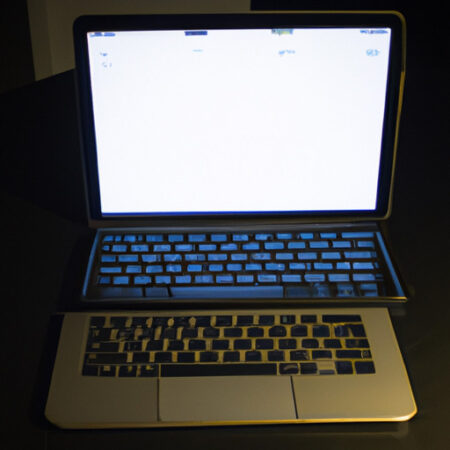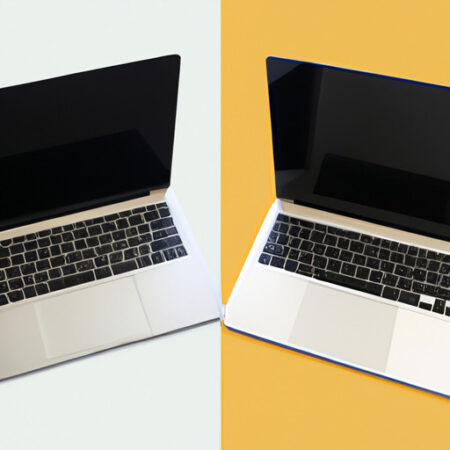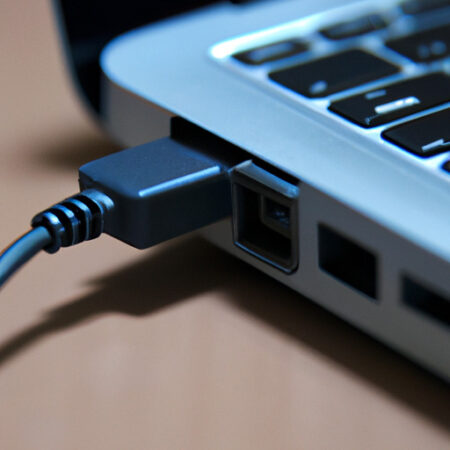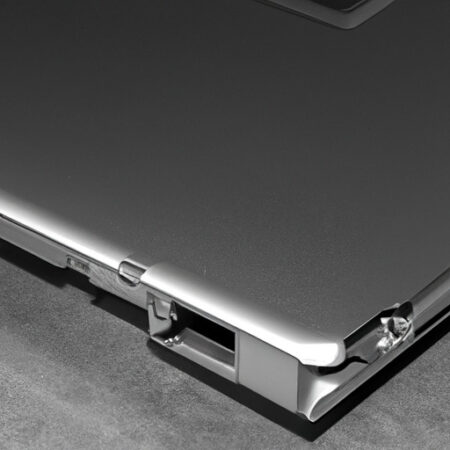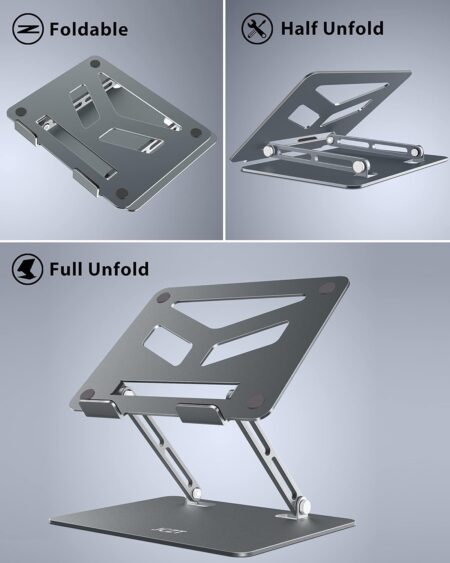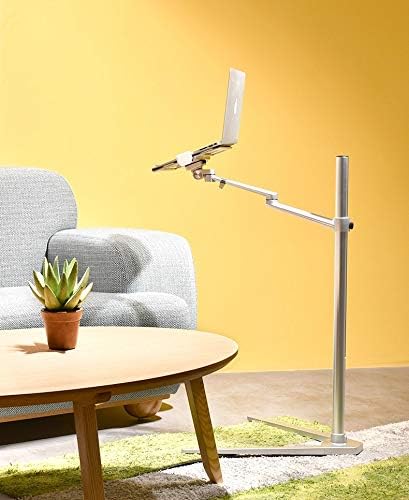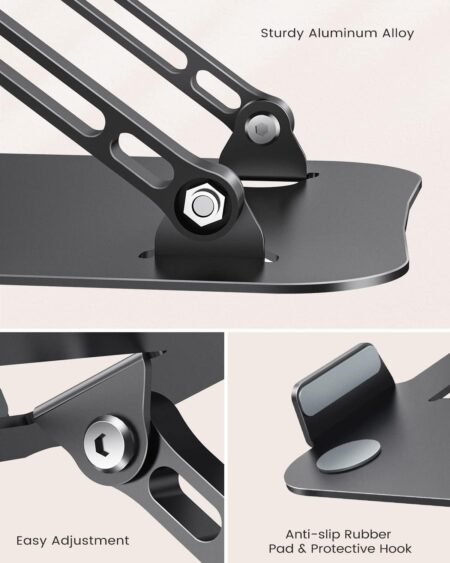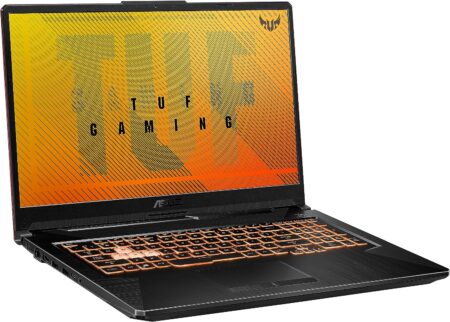Laptops have become an essential part of our daily lives, from work to entertainment. With the advancements in technology, laptops have become smaller, more portable, and more versatile.
However, they are not immune to environmental factors, and extreme cold temperatures can affect the performance and lifespan of a laptop. In this article, we will examine whether laptops can work in the cold, the effects of cold temperatures on laptops, and how to prevent problems related to cold temperatures.
Effects of Cold Temperatures on Laptops
Cold temperatures can have a significant impact on the performance and lifespan of laptops. Some of the most common effects include:
Slowed performance: Cold temperatures can slow down the performance of laptops, making them run slower and more slowly.
Battery drain: Cold temperatures can also affect the battery life of laptops. In extreme cold temperatures, the battery may not hold a charge as well or may not work at all.
Cracked or broken components: Cold temperatures can cause the plastic components of laptops to become brittle and crack or break.
Malfunctioning components: Cold temperatures can also cause the internal components of laptops to malfunction, leading to problems such as freezes, crashes, or even permanent damage.
Can Laptops Work in the Cold?
The short answer is yes, laptops can work in the cold, but it’s not recommended. Cold temperatures can have a negative impact on the performance and lifespan of laptops, as outlined above. However, if you need to use your laptop in the cold, there are a few things you can do to help protect it.
How to Protect Your Laptop in Cold Temperatures
If you need to use your laptop in the cold, there are a few things you can do to help protect it:
Keep your laptop warm: Keeping your laptop warm can help reduce the impact of cold temperatures on its performance and lifespan. You can use a laptop sleeve, laptop warmers, or even place it on a heated surface to keep it warm.
Store your laptop in a warm place: When you’re not using your laptop, store it in a warm place to help reduce the impact of cold temperatures.
Use a backup battery: If you’re going to be using your laptop in the cold for an extended period, consider using a backup battery to help keep your laptop powered.
Avoid exposing your laptop to extreme cold temperatures: If possible, avoid exposing your laptop to extreme cold temperatures. If you do need to use it in the cold, try to limit the amount of time you spend in extreme cold temperatures.
What to Do if Your Laptop Gets Cold
If your laptop gets cold, there are a few things you can do to help warm it up and prevent potential damage:
Move to a warmer environment: Moving your laptop to a warmer environment can help reduce the impact of the cold on its performance and lifespan. Try to find a warm room or place it near a heating source.
Allow the laptop to warm up slowly: If you move your laptop from a cold environment to a warm environment, allow it to warm up slowly. This can help prevent condensation from forming on the internal components, which can cause damage.
Turn on your laptop: Turning on your laptop can help generate heat and warm up the internal components.
Use a laptop sleeve: Using a laptop sleeve can help insulate your laptop and retain heat, which can help warm it up.
Use a laptop warmer: A laptop warmer can help generate heat and warm up your laptop, reducing the impact of the cold on its performance and lifespan.
Remember, extreme temperature changes can cause condensation to form on the internal components of your laptop, which can cause damage. If your laptop gets cold, it’s important to warm it up slowly and take steps to prevent potential damage.
By taking the steps outlined above, you can help ensure that your laptop continues to function properly, even in cold temperatures. If you have concerns about the impact of cold temperatures on your laptop, it’s always a good idea to consult a professional or the manufacturer for advice and guidance.
FAQs
What are the effects of cold temperatures on laptops?
Cold temperatures can have a significant impact on the performance and lifespan of laptops, including slowed performance, battery drain, cracked or broken components, and malfunctioning components.
Can laptops work in the cold?
Yes, laptops can work in the cold, but it’s not recommended. Cold temperatures can have a negative impact on the performance and lifespan of laptops.
How can I protect my laptop in cold temperatures?
You can protect your laptop in cold temperatures by keeping it warm, storing it in a warm place, using a backup battery, and avoiding exposing it to extreme cold temperatures.
Conclusion
In conclusion, laptops are incredibly useful devices that have become an integral part of our lives. However, they are not immune to the effects of cold temperatures, which can have a significant impact on their performance and lifespan.
While laptops can work in the cold, it’s not recommended due to the potential problems outlined above. If you need to use your laptop in the cold, there are steps you can take to help protect it and minimize the impact of cold temperatures.
By keeping your laptop warm, storing it in a warm place, using a backup battery, and avoiding extreme cold temperatures, you can help ensure that your laptop continues to function properly, even in the cold.





